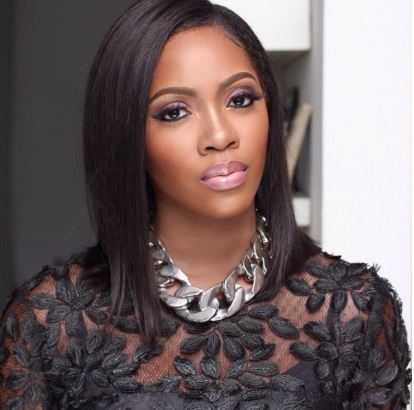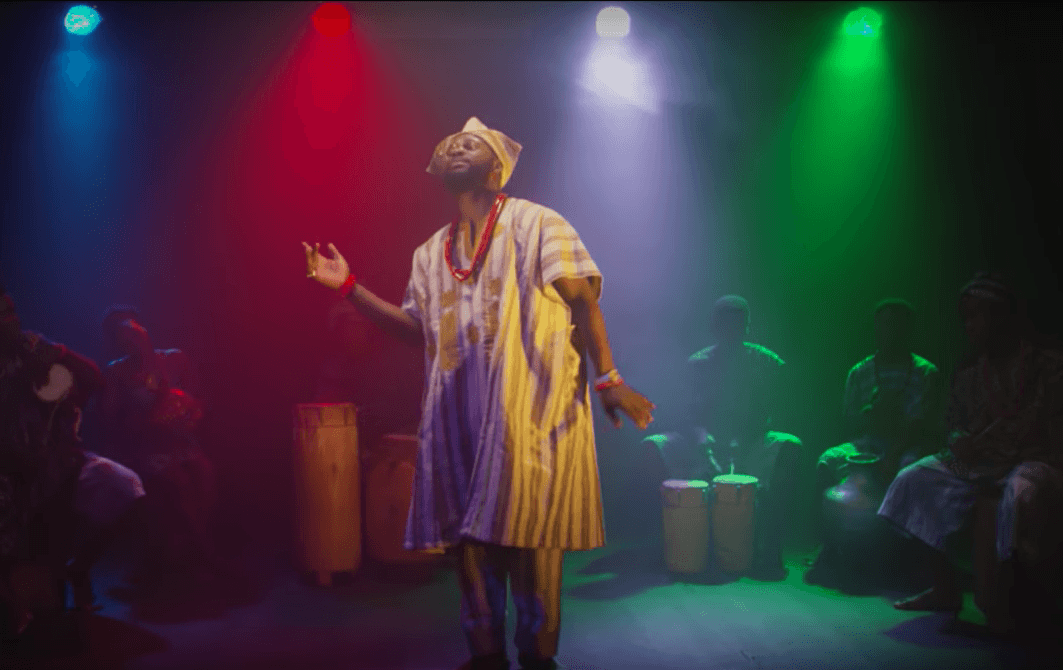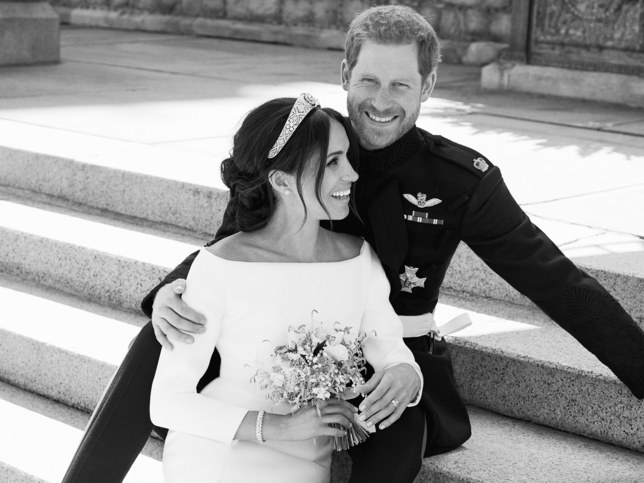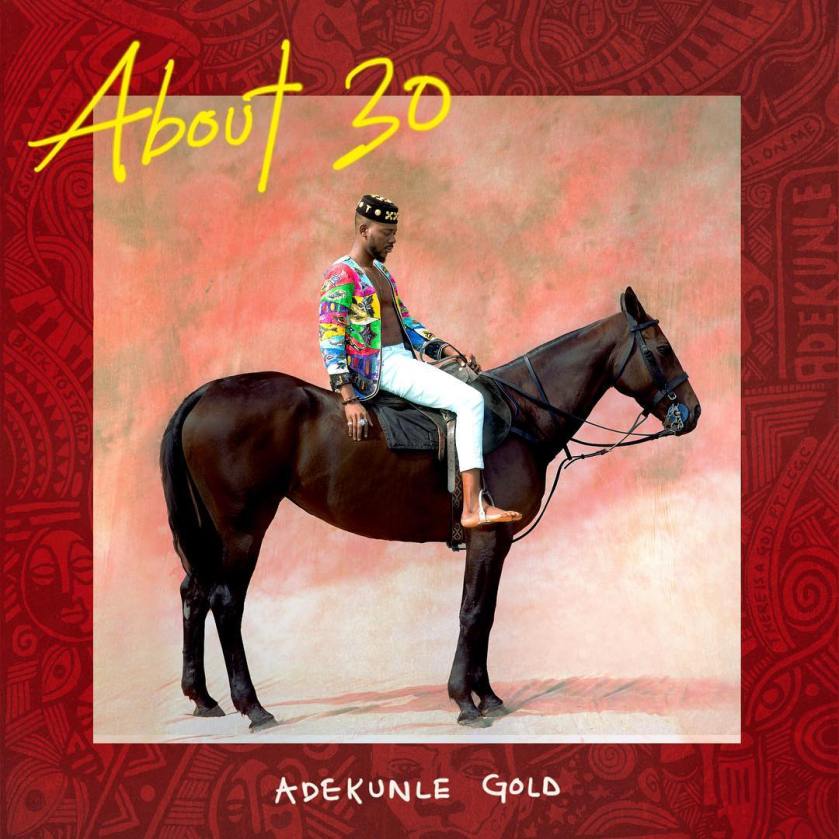Introduction
So, a couple of weeks ago, Falz released his music video for Child of World. I read the lyrics (https://genius.com/Falz-child-of-the-world-lyrics) when the album ’27’ came out last October and I was so put out by them that I couldn’t bring myself to listen to the song. I wrote a couple of bad-tempered unpublished posts and moved on. I read a few similar posts but most people hailed it as the most socially valuable song on the album.
Now that the video has been released, previous grumblings about Falz’s alleged misogyny, particularly in relation to his numerous songs about the evils of ‘runs girls’ have turned into loud, vocalised outrage. I was a bit gratified that other people have noticed this but tried to contribute to the conversation in what I hope was a reasonable and even-handed manner. Unfortunately I just happened to read the lyrics again and filled with fresh rage, have decided that now is the time to write the objective article that I vowed not to be distracted into writing.
Social Media Wars
Predictably, with the Falz dissent came Falz’s super-fans, ferociously in support of someone they deem to be the most ‘socially conscious’ musician in Nigeria. I don’t really understand why there is such a burden on Nigerian artists to produce conscious music or how this will make Nigeria a better country but there you have it. I can understand their outrage, if I’m being honest. Falz is a brilliant rapper and I too feel a constriction in the throat area whenever I think that people are criticising him unfairly. The fact is some people think that he’s a genius and, like Beyonce’s fans, feel real emotion when he is being attacked.
However, I was astonished that respected feminists and allies also praised and couldn’t see the problems with the song. They were conspicuously silent during the short period of backlash and counter-backlash. You can always tell a good debate by the number people who feel compelled to keep quiet to avoid being caught up in a mob – that’s what I say. Other people also expressed genuine bafflement at the outrage.
Incidentally I have kept a tally, in terms of likes and retweets, between Team Falz and Team ‘Falz Is A Sexist Little Shite’. Team Falz is winning judging by the retweets although there is a sneaky Team FIASLS tweet which may have more retweets than the most popular Team Falz tweet but I’m not sure I should count it as it doesn’t mention Falz by name. I am aware that this is not the most accurate way to judge the competition since sometimes people retweet to mock rather than endorse the original tweet. However, I think any further analysis of the tweets would mean my descent into madness over this issue has finally become irreversible.
The Hard Questions
So! Is the song sexist? Is Falz sexist? Why are we so invested in the answers to these questions? Also, what is it about mild-mannered Falz that occasionally evokes such frenzied bursts of public outrage? Tracy investigates…..
The Lyrics and Story
Okay, the lyrics are graphic and triggering (I have hesitated to say this out loud because I don’t want to sound like I’m censoring his art) and the storyline is so clichéd that it would make a 1990s Nollywood director blush but is there anything actually wrong with the song? Is Falz not entitled to tell a story, dumb it down and sensationalise it as he sees fit like anyone else?
I will freely admit that very few fictional accounts of rape pass muster for me in terms of whether the triggering is justified by the story or message. I didn’t like it when Adichie dropped a rape scene into Half of Yellow Sun and I ain’t going to like it when Karashika Boy drops one into an album but even taking into account my personal bias, I do think that some of the lyrics are extreme (and by extreme I mean vile and disgusting) and I find it hard to explain why:
“ Uncle please stop…Shhh be silent Uncle didn’t stop till he broke the hymen”
“She don dey look for the thing she dey resist before
She never had a daddy figure so she need the love (?)
Uncle peter don create a beast he can’t tame the storm (???????)
She like make e rough, she can’t have enough
She met some ladies wey go like rub shoulder
On some quick business with a high turnover
Say if you ride the stick, you go ride range rover”
The first line above sounds like the imaginings of a rape by someone very unfamiliar with the topic with the kind of detail that can be harmfully triggering or be turned into a rape fantasy. It would take an extremely good point to justify such detail and as it turns out the song almost has no point at all.
Also, what the heck does “Shola ti mature, gbogbo body ti di large size” mean in English? Surely he hasn’t thrown in a reference to the victim’s figure. Not in a song about rape. Please tell me he hasn’t.
It appears that director Kemi Adetiba has tried to make something more out of the song by including captions like ‘rape is never the victim’s fault’ in the music video. Well, who but a complete idiot could think that this particular rape was the victim’s fault? She was in her room, in the house she lived in when a trusted relative forced himself on her.
I once watched a trailer of a Nollywood film or series where a woman, played by Adesua Etomi (W), appeared deranged by her desire for a married man. She made it clear to all and sundry, including his wife, that she intended to continue a sexual relationship with this man for as long as she wanted to. She stalked the couple and subjected the man to unwanted sexual attention (it turns out that any sexual attention from your mistress in front of your wife is almost always unwanted – go figure). The characters ended up in a criminal court case as Etomi’s character accused the man of raping her when they were alone somewhere.
I don’t understand the jump from pursuing an affair to the rape allegation and of course, nothing, including any previous sexual relations between the victim and the rapist, negates the necessity of consent. However I can understand how this story could, in Nigeria, start some kind of discussion on how rape is never the victim’s fault. A man creeping into his niece’s room, on the other hand, is a bit bloody obvious!
As the lyrics above illustrate, the terrible thing that the victim becomes is a person who (1) likes sex (with the added unnecessary detail that he means rough sex – whatever the heck that means) and (2) starts to have sex for money which results in abortions and an HIV infection. She doesn’t, for instance, become the kind of person who empties a machine gun magazine into a crowded theatre.
I have no doubt that being sexually assaulted can have a traumatic effect on a person and may even change their sexual behaviour but the fact that he chose these fairly common things and doesn’t explain how they are inherently wrong to make his grand contribution to the issue of sexual assault makes for a very unimportant and clichéd tale and shows his warped thinking on the subject.
People have pointed out other aspects of the song. The girl laments that she has let her mother down when it is she who has been let down by relatives. Nothing is heard of the uncle but of course the story follows such an obvious line that the missing detail about the uncle can only be a flash Christian conversion and the uncle clutching his wife’s knees, wailing that he will ‘never follow devil again’ before gratefully accepting a large plate of jollof rice from her. No, not jollof rice, it has to be some kind of starch and soup, eaten with his hands to show his astounding humility.
Falz is entitled to tell any story he wants to and the path from good girl to runs girls to abortion and HIV to activist is, however implausible and unevolved, just a story. One reason for the anger, I suspect, is that it reinforces what people think of as a sympathetic rape victim – virgin, not fraternising with strange men etc – therefore not disturbing people’s comfort with seeing a so-called bad girl being harmed. Worse than that, it attempts to distinguish the characteristics of a good girl and bad girl based on the very flawed assumption that a woman is to be judged as good or bad by her sexual behaviour.
Gender Issues
The song touches on four very important gender issues and reduces them to a hodge-podge of mawkish sentimentality, pity and judgment, I’m afraid. Social media informs us that so many people are dealing with memories of sexual assault and abuse. It happens at every age, every where and to every type of woman with various degrees of sexual experience and values. Rape is not committed just by monstrous uncles but by thousands of young men who think that a girl stepping over the threshold of their house is the equivalent of signing an irrevocable consent form and men who think that buying a girl food or paying her bride price grants them inalienable rights over her body. Falz knows this – he appears to be good friends with Nigerian comedians who advance and joke about these ideas. It’s committed by school boys who have made a pact with each other and lecturers who threaten to fail women who won’t have sex with them.
I don’t expect him to rap about rape culture (what a fun song that would be) but I expect him to speak about rape as if he understands that rape culture exists or not to speak about it at all. We don’t all become runs girls, we don’t all require redemption. We don’t live our lives completely driven by the experience and the most basic research could have shown Falz this. If we did, a high percentage of Nigerian women would be non-functional. It is always there in the background and in the forefront as we hear of more and more stories of rape; as nothing seems to be getting better. We don’t need someone telling us to ‘rise above our circumstances’, we need society to buy into concentrating on making it stop.
As to runs girls, there are conversations about agency and transactional sex and whether marriages and our more conventional sexual relationships have an element of the transaction about them. On abortions, conversations about reproductive rights. There is an entire television series on HIV and safe sex. There was no need for and no value to this triggering nonsense.
The Man Himself
I’ve watched quite a few Falz interviews and listened to a lot of his music because I am a fan. The most obvious thing which is now being pointed out about is his obsession with runs girls. This song might have passed under the radar if (1) Someone else sang it (2) Falz didn’t turn the victim into a runs girl and spend an entire verse lamenting the evils of the runs girls lifestyle or (3) he didn’t decide to make such a big, bloody production of it all.
When I started listening to Falz, I did notice his contempt for runs girls and women who didn’t fit his definition of a good woman – women who bleach for instance. At first I assumed he just thought that it was a clever thing to write about. That such women were an easy target and perhaps he didn’t expect to be challenged on it in sexist Nigeria . To be honest, I didn’t really expect him to be a feminist. If all Nigerian entertainers were feminists, that would probably be an indication that the gender issues in Nigeria are not as dire as they are made out to be. In my naiveté, I compared him to American rappers who wax lyrical about bitches, hoes and harming women who don’t behave
However the lyrics seem to be getting worse, as with Lekki Girls and even comedy rap Faize Yi, and it does make me wonder whether there isn’t something more to it. Also, I’ve noticed that it is frequently in the background of some of his non-runs girls songs – the girl he loves who doesn’t ‘drop for the cake’; the workaholic who ‘prices her body’ in the evenings.
I don’t know what his issue is with runs girls is. It is however noteworthy (has been noted in fact on Twitter) that the male characters in his songs are often wildly promiscuous and don’t, according to him, require similar bashing or an idiotic backstory to justify their actions.
Actually contrary to the various rumblings about him and his mates and runs girls (said with startling confidence), he seems to have very specific standards for women that he would consider dating. These interviews , (https://www.youtube.com/watch?v=YBBd-viX4hM, https://www.youtube.com/watch?v=JZ8Hnavvo5Q) and https://www.youtube.com/watch?v=DZKJlLNZNTk, show that he is blasé about his observations that ‘body count’ is a matter that is judged differently between men and women. Also, he appears to be highly suspicious of Nigerian women who aren’t themselves rich. The interview with Beat FM contains (just in case you can’t be bothered to watch it all) a long, self indulgent whine about why he is still single and the state of Nigerian women.
He is put out that women he meets often want to be openly associated with his fame or (and even I was shocked when he described this behaviour) want him to appear in their SnapChat stories!!! Even asking is indicative of deviousness. My conclusion from watching the video is that he requires a prospective girlfriend, upon meeting him, to focus immediately on the inner him (who she doesn’t really know much about) and put out of her mind any thought of his fame, wealth and talent (which apparently aren’t part of the real him). A woman who expects him to spend money on her is a no-no. Very idealistic in a country where women are sexually harassed, discriminated and shamed, for not being wifely enough, out of money making opportunities.
His open contempt towards runs girls is unfair and demeaning to them. It encourages us to think of them as less human – the hop to deserving of harm and not deserving of sympathy is not a long distance. It is also harmful to women in general. Imagine, if you will, a white singer who constantly sings about the bad things he thinks goes on the black community. Oh, but he is not singing about all black people – only the ones he thinks are bad. Would that have the effect of demonising and dividing the entire community or not?
There really isn’t that much to link between being raped and being a runs girls. And being a runs girl isn’t the evil thing that Falz thinks it is. I personally don’t think it’s great and I certainly wouldn’t want us to concentrate so much on protecting the validity of sex work that we accidentally leave swathes of women with this as their only career option (“I don’t know what she is complaining about? How is it different from working in, say, a Nigerian commercial bank?” How indeed.) but there really is a better discussion to be had about it before he plonks it in the middle of his moralising song.
Another thing I’ve noticed from his interviews is that his activism isn’t accidental. It’s highly unlikely that he is going to say that he was just telling a story in Child of World. The screenshots I’ve seen of the video, complete with the trite captioning and his outspread arms, definitely give the impression of spreading a message. But even if it did not, when asked about the song a Pulse Magazine interview, he made it clear that he wanted to speak about the societal problem of sexual abuse. He didn’t do a bad job in the interview- https://www.pulse.ng/entertainment/music/falz-rapper-talks-about-27-album-m-i-abaga-s-fix-up-your-lives-more-interview-id7532629.html. The only glitch was when he said the “upside” of it all is that sexual assault victims can always “bounce back”. Apart from being hopelessly inept phrasing, yes we do survive but we still think it’s a terrible thing and we still want it to stop happening to other women.
The interviews about ‘This is Nigeria’ also shows how serious he is about being an activist (as stated in this critical article about Falz – https://thenerveafrica.com/19168/woke-falz-this-is-nigeria/). In his view, things are messed up in Nigeria, people like him need to talk about these things and anyone who disagrees with him is guilty of something- https://www.youtube.com/watch?v=X1HjXdELuhM and https://www.youtube.com/watch?v=R6u-ELxvWlM. It’s just that sometimes he, and other well-to-do socially conscious young Nigerians, get it wrong.
His detractors have asked him to concentrate on Yahoo boys instead of runs girls and his supporters have retorted that he has taken shots at Yahoo boys actually. Firstly, he talks about runs girls about 78 billion million more times than he talks about yahoo boys. Secondly, when he talks about Yahoo boys or other poverty driven crimes, his thinking is still confused.
He was lambasted for some very mild comments about praising known fraudsters in music in June 2017 and since then he’s spoken and sang about the topic more boldly. Fraud is of course bad and rich Nigerians seem to be aware of the need to make some kind of reference to political leaders who put Nigeria in the position that it is in. However they happily conflate all the issues and conclude that if everyone would just stop stealing, then everything would be alright. But it wouldn’t, would it? The rich will still have their loot and the poor will starve to death.
Peep the pearl clutching in his interview with Wazobia Max, linked above, – Do you mean to tell me that people actually commit property and theft crimes in a poor country with a chronic lack of opportunity??? Who would have thunk it?.The song ‘Confirm’ tells us how how you can go from being a plantain seller to flying first class if you hustle honestly but in reality, this is very difficult even in a relatively stable country and this kind of thinking in Nigeria is the reason why people give all their money to rogue churches in hope of ‘breakthroughs’ and ‘blessings’.
Falz is obviously very passionate about some real issues and I generally try not to be critical about his efforts especially in light of the unnecessary pressure on Nigerian singers to be overtly political. Unfortunately, I don’t really believe, I can’t believe having read the lyrics to Child of the World, that rape is one of those issues. I think this song is the worst combination of his excesses – the desire to write a worthy song mostly for the sake of appearing ‘socially conscious’, too little research to convince me that he has any real interest in this subject, his failure to examine his own gender bias and his sometimes deficient activist tactics.
Why does it bother me/us so much?
Okay, I don’t like the song but why do I feel unreasonably aggrieved when somebody else likes or praises it. One obvious reason is Falz’s influence. He is not as popular as some of the other Afrobeat entertainers but people take him very seriously. He is at pains to emphasise his legal qualifications, perhaps because he uses poor people’s accents to promote his art. I see tweets demonising women for asking for ‘Something Light’, for being Karishikas (such a vague concept that it could include virtually any woman) or for being a ‘Lekki girl’. It’s even more disheartening because of his good guy image.
Also, I’m annoyed that, in his eagerness to cover every topic that he’s not qualified to cover, he could not take some time to do the basic research to dismantle rape culture just a little bit before producing this ridiculous song. Most of all, I’m glad some attention has been brought to his shortcomings, even if Team Falz won the Twitter war in the end.
But I have to admit that there is an element of irrationality to my reaction and the reaction of others. Even this post is a little incoherent in places. I can’t say I don’t understand why some well-meaning people are surprised about the backlash. However I have resisted the temptation to edit my anger out of this article.
The thing with rape and sexual assault is, for whatever reason, you are either full of rage about it or you are not. The rage is neither good nor bad and it is not an indication of whether or not you support rape culture or how woke you are. For as long rape continues, the rage will remain. It won’t always express itself properly or say the right things but it will be right there alongside us angrily analysing gender politics and rape culture, whenever anybody, be it a stupid comedian telling rapey jokes or a pious rapper, decides to settle on the topic.







































